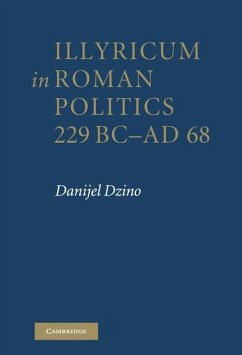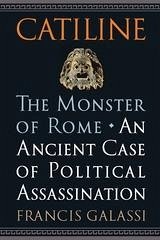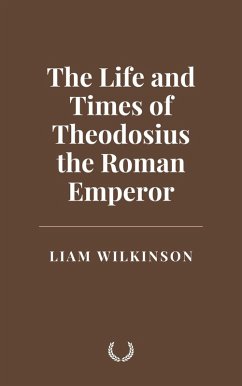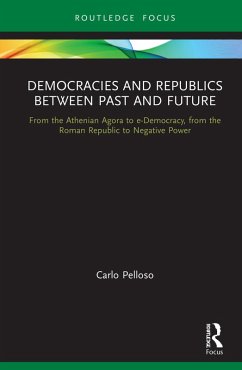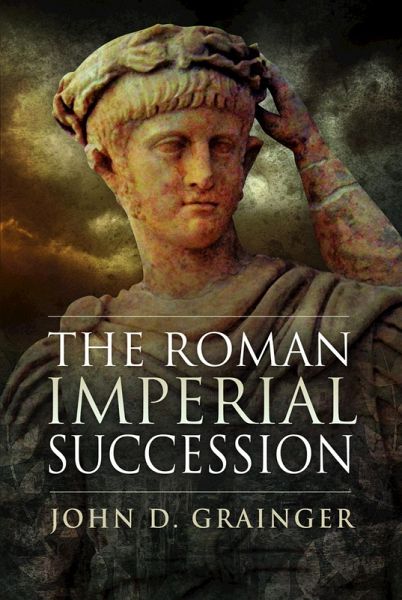
Roman Imperial Succession (eBook, ePUB)

PAYBACK Punkte
4 °P sammeln!
An investigation of how a man could become a Roman emperor, and the failure to create an enduring, consistent system for selecting the next emperor. John D. Grainger analyses the Roman imperial succession, demonstrating that the empire organized by Augustus was fundamentally flawed in the method it used to find emperors. Augustus's system was a mixture of heredity, senatorial, and military influences, and these were generally antagonistic. Consequently, the Empire went through a series of crises, in which the succession to a previous, usually dead, emperor was the main issue. The infamous "Yea...
An investigation of how a man could become a Roman emperor, and the failure to create an enduring, consistent system for selecting the next emperor. John D. Grainger analyses the Roman imperial succession, demonstrating that the empire organized by Augustus was fundamentally flawed in the method it used to find emperors. Augustus's system was a mixture of heredity, senatorial, and military influences, and these were generally antagonistic. Consequently, the Empire went through a series of crises, in which the succession to a previous, usually dead, emperor was the main issue. The infamous "Year of the Four Emperors," AD 69, is only the most famous of these crises, which often involved bouts of bloody and destructive civil war, assassinations and purges. These were followed by a period, usually relatively short, in which the victor in the "crisis" established a new system, juggling the three basic elements identified by Augustus, but which was as fragile and short lived as its predecessor; these "consequences" of each crisis are discussed. The lucid and erudite text is supported by over 22 genealogical tables and 100 images illustrating the Emperors. Praise of The Roman Imperial Succession "Fora general introduction to the question of how one becomes a Roman emperor, Grainger has provided a sound guide." - Bryn Mawr Classical Review
Dieser Download kann aus rechtlichen Gründen nur mit Rechnungsadresse in A, B, BG, CY, CZ, D, DK, EW, E, FIN, F, GR, HR, H, IRL, I, LT, L, LR, M, NL, PL, P, R, S, SLO, SK ausgeliefert werden.




